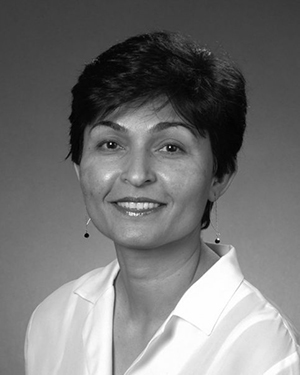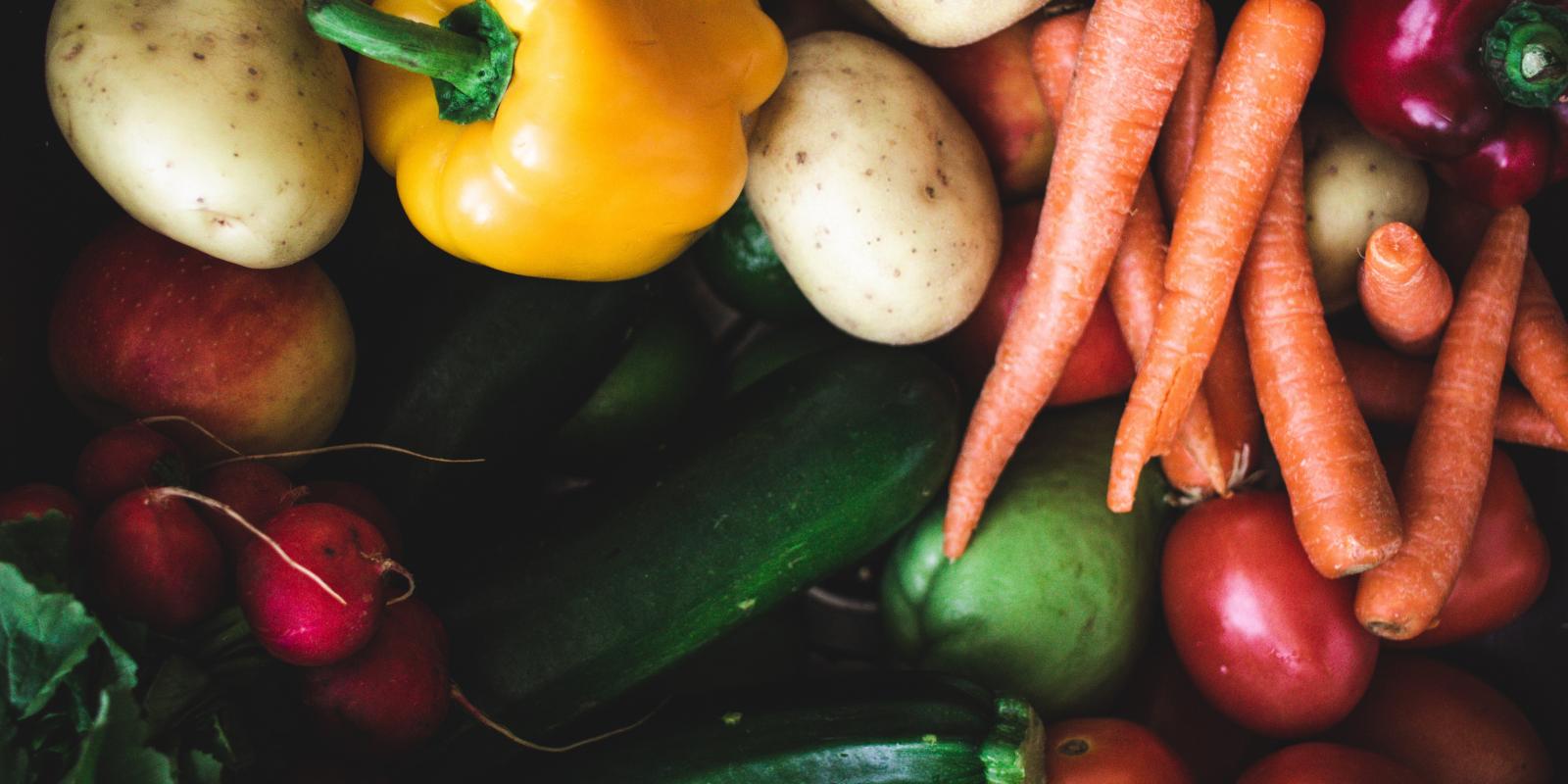Cancer is the second leading cause of death globally, and a major risk factor for cancer is advanced age. For older adults affected by cancer, maintaining good nutrition can help them to better tolerate cancer treatments and get the most from their therapies.
Eating well during cancer treatment will help older adults:
- Feel better
- Boost energy and strength
- Maintain weight, as weight loss during treatment is common yet not recommended
- Better tolerate side effects of the treatment
- Decrease risk of infection
- Heal and recover quickly
Often older adults have questions about nutrition throughout the disease course and may come to professionals in the aging sector for help. The information below outlines different cancer treatments and tips for older adults undergoing them.
Radiation Therapy
Radiation therapy targets high energy rays to specific areas to stop cancer cells from growing and dividing. Most cells exposed to radiation are affected by it, but healthy cells can usually recover. Side effects generally start two to three weeks after treatments begin, and last two to three weeks after the treatments end.
People receiving radiation to the mouth, neck, esophagus, stomach or intestines often have side effects that negatively affect their ability to eat. Side effects can include sore mouth or throat, nausea and changes to bowel function.
These tips can help older adults receiving radiation therapy:
- Eat a light meal or snack at least one hour before the treatment
- Eat regular meals and snacks throughout the day to maintain weight, strength and energy
- Include good sources of protein in every meal
- Drink an oral nutritional supplement one to two times per day to meet nutrition needs
- Consider juicing fruits and vegetables—this will make it easier to consume them
- Ask family and friends for help with shopping, cleaning and preparing meals
- Participate in light exercise, such as a daily 1-mile walk, to help fight fatigue
Chemotherapy
Chemotherapy delivers drugs to the whole body to kill cancer cells. Chemotherapy side effects depend upon the type of chemotherapy and how it is administered.
Common side effects of chemotherapy are fatigue, bowel function changes, changes in sense of smell and taste, loss of appetite, sore mouth and throat, nausea and vomiting.
These tips can help older adults receiving chemotherapy:
- Eat a light snack/meal before chemotherapy treatments, and bring a small snack to treatments
- Eat regular meals at a set time, even when not hungry, this will help to maintain weight, strength and energy
- Include sources of protein in each snack and meal, such as meat, cheese, beans and nuts
- Eat small, frequent snacks to prevent an overfilled stomach
- Drink an oral nutrition supplement at least once a day, and make sure the supplemental has at least 250 to300 calories and 10 to15 grams of protein
- Feeling tired is a common side effect of chemotherapy; ask family and friends for help and don’t forget to do at least light exercise, like walking
Surgery
Some cancer treatment involves surgery. Good nutrition before and after surgery can help to promote a faster, stronger recovery. Many healthcare providers are helping people improve their nutrition before surgery by following Enhanced Recovery after Surgery (ERAS) care plans; this is a modern approach to helping people recover more quickly following surgery. Encourage older adults to talk to their healthcare provider about ERAS, because enhanced recovery programs have been shown to be safer and more effective relative to traditional care. Provide older adults with these resources to educate them on ERAS care plans.
Part of the ASA’s mission is to advance the knowledge of members working with and on behalf of older adults. By understanding how older adults are affected by cancer treatments, ASA members can help promote good nutrition for strength and energy throughout the disease journey.

Jyoti Benjamin is a fellow of the Academy of Nutrition and Dietetics and a certified specialist in Oncology Nutrition, with a Master’s in Foods and Nutrition. She works as a clinical dietitian, and is a member of the Academy of Nutrition and Dietetics and the Oncology Practice group of the academy.













